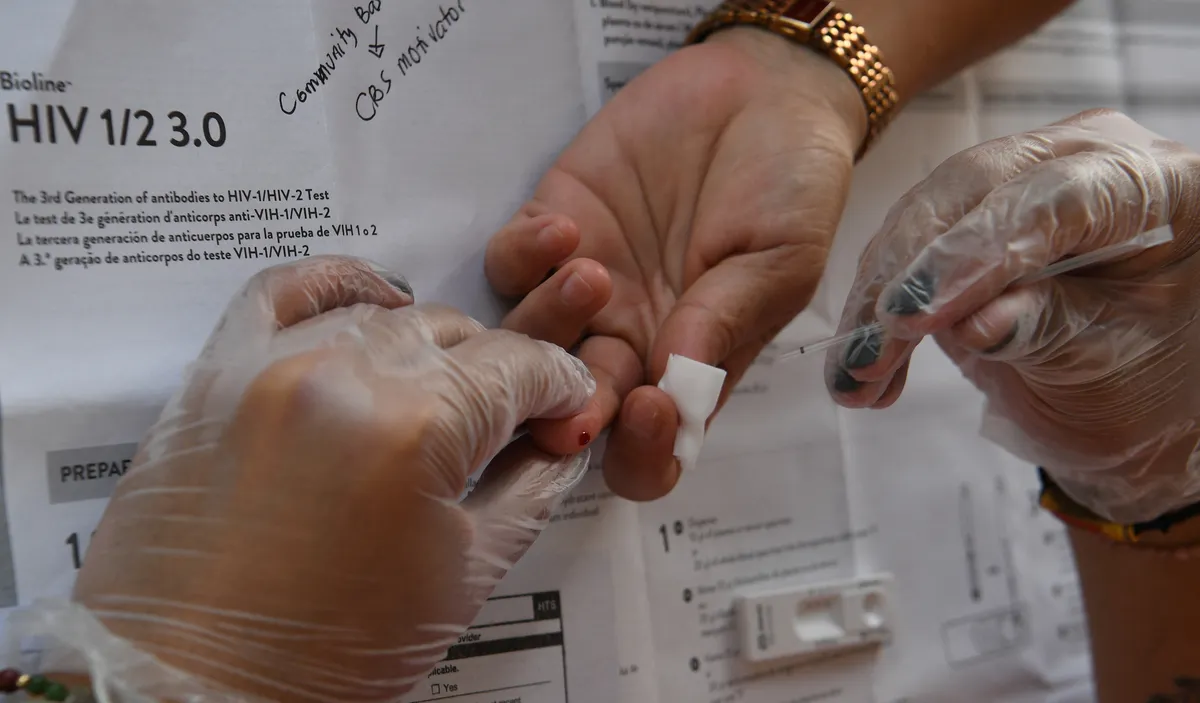
The Trump administration is currently deliberating potential cuts to the CDC’s domestic HIV program, including crucial funding for prevention efforts. This information comes from two former officials at the Department of Health and Human Services (HHS), who requested anonymity to discuss their conversations with current staff members. While no final decision has been reached, an HHS official, also speaking on the condition of anonymity, mentioned that "if this decision is even made, this work would be continued elsewhere at HHS."
In a statement to POLITICO, HHS spokesperson Andrew Nixon emphasized that “HHS is following the Administration’s guidance and taking a careful look at all divisions to see where there is overlap that could be streamlined to support the President’s broader efforts to restructure the federal government.” He further stated that the objective is to ensure that HHS "better serves the American people at the highest and most efficient standard." As of now, no definitive decision has been made regarding the proposed streamlining of the CDC’s HIV Prevention Division.
The discussion surrounding these potential cuts appears to contradict one of President Trump's prominent first-term initiatives. In 2019, he launched the Ending the HIV Epidemic initiative, which aims to reduce new HIV cases in the United States by 90 percent by 2030. During his 2019 State of the Union address, Trump asserted, “In recent years we have made remarkable progress in the fight against HIV and AIDS. My budget will ask Democrats and Republicans to make the needed commitment to eliminate the HIV epidemic in the United States within 10 years.”
The CDC allocates approximately $1 billion annually for domestic HIV prevention, with the majority of funds directed to state-level initiatives aimed at local efforts. The potential cuts, first reported by The Wall Street Journal, arise as the administration seeks to reduce federal spending and reorganize HHS. This news has raised concerns among advocates for HIV prevention.
Carl Schmid, director at the HIV + Hepatitis Policy Institute, expressed alarm over the discussions, questioning the implications of such cuts: “This is the basic function of the CDC. Where does that money go? To the states — to do testing, to do surveillance, to do outreach efforts. Who’s going to do that?” His comments highlight the vital role that CDC funding plays in the ongoing fight against HIV and the potential consequences of reduced financial support.